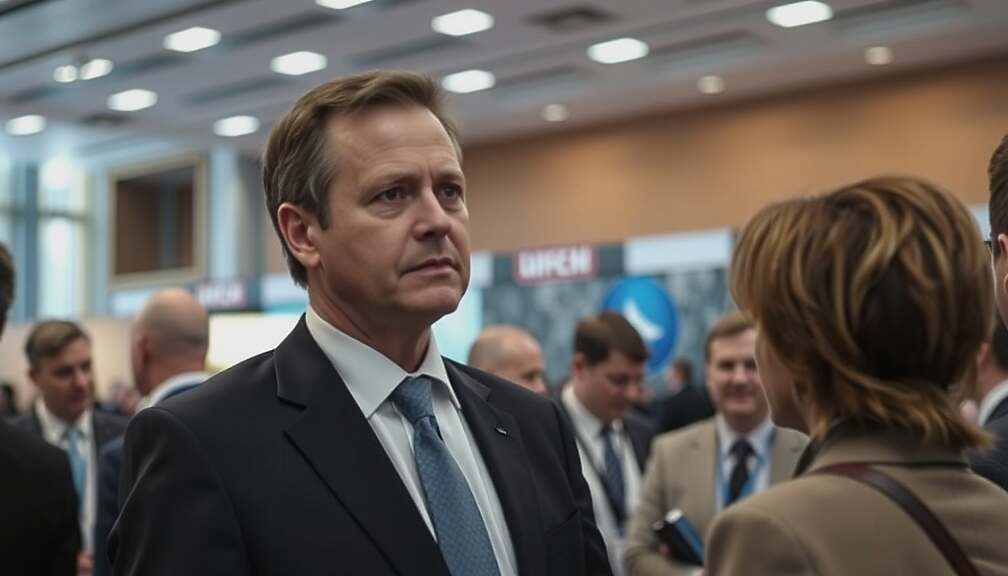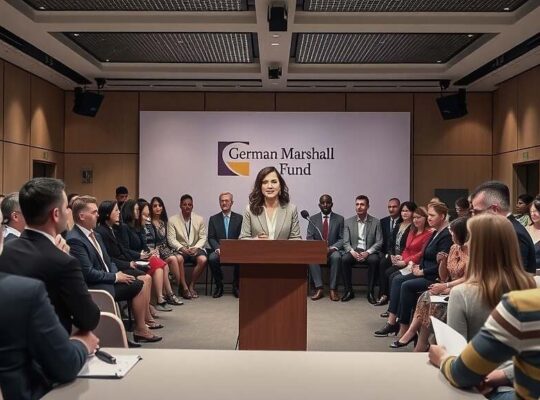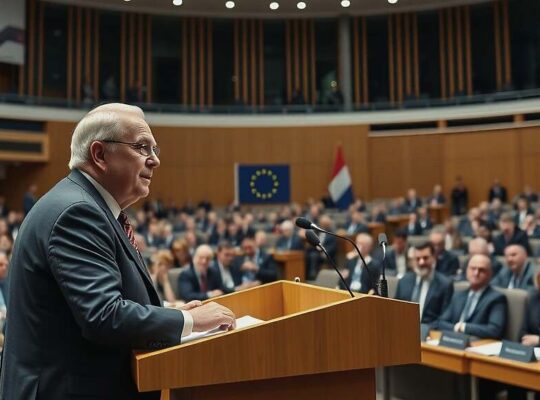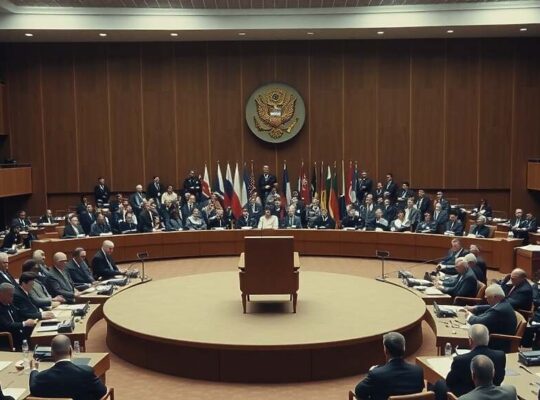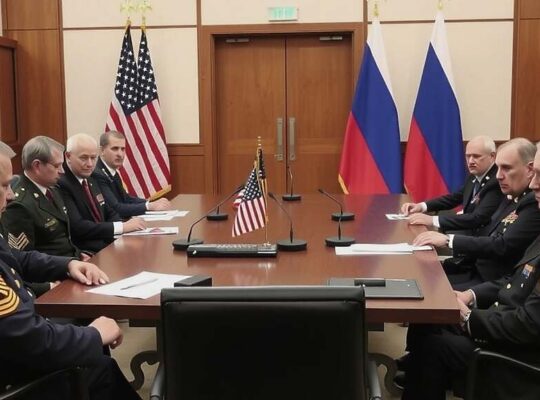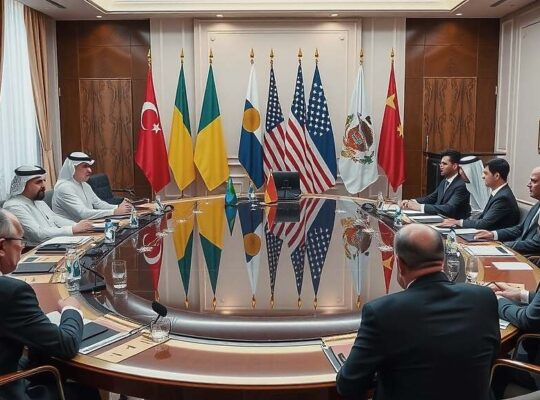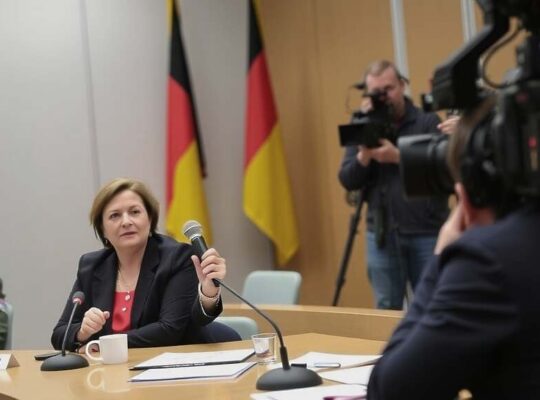The former NATO Secretary General, Jens Stoltenberg, has publicly acknowledged errors in his past criticisms of Russia, revealing a significant gap in his understanding of the alliance’s own practices regarding aircraft transponder usage. In his forthcoming memoirs, “Auf meinem Posten” (On Duty), set to be presented at the Frankfurt Book Fair this week, Stoltenberg admits to a failure to adequately investigate the context surrounding Russia’s actions in the Baltic Sea region following his assumption of office in Brussels in 2014.
Initially, Stoltenberg joined a chorus of Western politicians and journalists condemning Russia’s practice of flying without activated transponders – devices crucial for flight safety which provide air traffic controllers with vital data. The criticism implied a stark contrast between Russian behavior and that of NATO members. However, subsequent investigations, notably by Spiegel magazine, exposed the fact that some NATO fighter jets also routinely deactivated their transponders.
Stoltenberg now justifies his initial position by claiming he was not briefed on this established, albeit controversial, NATO practice. He concedes that his perspective was colored by a tendency to apply a “broad brush” when addressing Russian behavior, a consequence, he suggests, of a disconnect between the atmosphere within the NATO headquarters in Brussels and the more nuanced understanding prevalent in governmental circles in Oslo.
The former Secretary General’s reflections underscore a broader issue: the potential for a distorted view of international relations when insulated within the bureaucratic structures of an alliance. His previous positive experiences with Russian President Vladimir Putin appear to have further influenced his initial interpretation of events. Stoltenberg’s admission, while framed as a personal recognition of oversight, also raises critical questions about the transparency and internal communication within NATO and the potential for implicit biases to shape responses to international incidents. The released information highlights the challenges of maintaining objective assessments when dealing with complex geopolitical relationships, especially from within the powerful institutions governing them.


